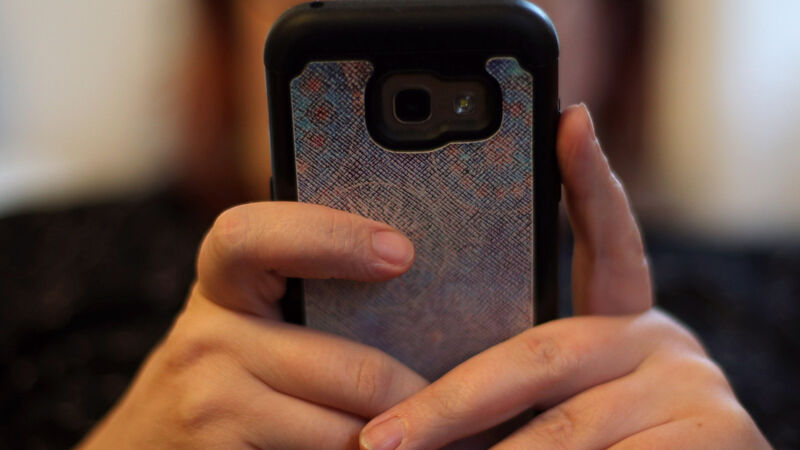Ruling on phone data in attempted murder case has implications for Graham Dwyer appeal

Traffic and location data related to mobile phones that the prosecution sought to attribute to Caolan Smyth and Gary McAreavey was correctly admitted into evidence, even though the data was harvested pursuant to a now-invalidated law, the seven-judge court determined. File photo
The Supreme Court has dismissed objections to the admissibility of phone data at a criminal trial in a ruling that could significantly influence the impending decision in Graham Dwyer’s murder conviction appeal.
Traffic and location data related to mobile phones that the prosecution sought to attribute to Caolan Smyth (31) and Gary McAreavey (56) was correctly admitted into evidence, even though the data was harvested pursuant to a now-invalidated law, the seven-judge court determined.











